“A Painted Target” by Anonymous
(15 year old from a school in South Jersey)
In the heart of a town with predominantly White individuals, I found myself standing out as one of the only four Hijabi, and therefore visibly Muslim students, in my school. I was not worried about being different, as I was used to that aspect by now. However, it was not until I was faced with political debates, mainly about the ongoing humanitarian crisis in Palestine, that I felt deeply alienated.
One particular senior made his stance evident by wearing a bold statement on his sweatshirt: "I stand with Israel." Strangely, no teacher seemed to react the entire day. As I passed by him in the halls, he fixed a stare on me, a clear attempt at intimidation. I could feel he was trying to provoke a response from me as one of the few Muslim and Arab students in the school. Yet, I refused to be daunted by him.
When my Palestinian-Muslim friend and I decided to express our solidarity with the Palestinian people by wearing a sweatshirt with the Palestinian flag, the reaction was wholly different. We were swiftly sent to the principal's office, where we were sternly told that what we wore was highly political and could potentially paint a target on us. I could not help but question the double standard.
Why was our expression of solidarity deemed inappropriate while the student with the “I Stand with Israel” statement went unchecked? Even if he was checked without public knowledge, he clearly did not seem to be alarmed or affected, as he wore this sweatshirt on multiple occasions without receiving any visible reactions from school staff. Why did I, someone who was already a minority in the school, have to further feel afraid to practice my right to the First Amendment? Why was I not provided with the opposite messaging, that I would be supported during this time in our country when there is an extreme increase in Anti-Palestinian, Arab, and Muslim hate?
It was at that moment, when I realized even professional adults are not immune to racism, and can treat children unfairly. It was also at this moment I realized that my very existence and identity were inherently political, and deemed “dangerous,” whether I uttered a word or not.
